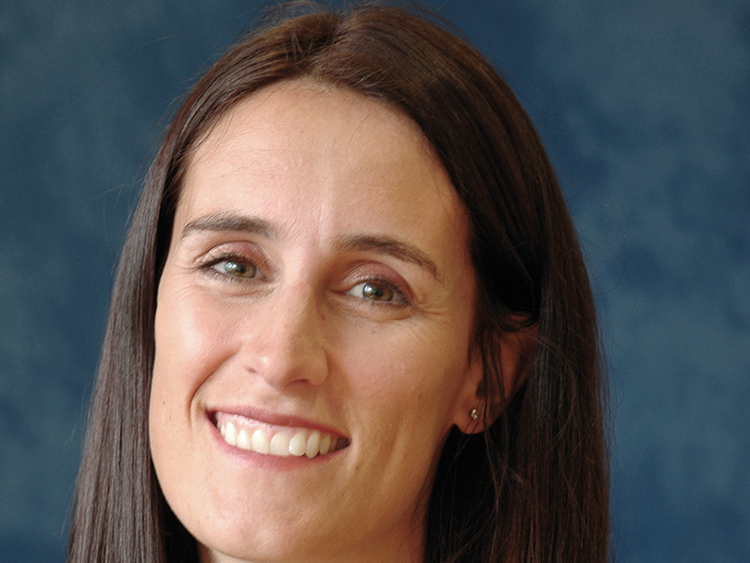
Dubai: There exists a tricky situation for retirees. They all stopped working earlier than expected but wished they had saved more.
The Global Investors Study 2017 conducted by Schroders, which surveyed more than 22,000 investors from 30 countries revealed that retirees on an average retired at the age of 59.4, much before they had anticipated, of which more than a third felt their income after retirement did not match their expectations and the other 66 per cent felt that they had saved more before retiring.
And those who are yet to retire are saving 11.4 per cent of their annual income, when they feel they should be saving 13.7 per cent.
“It’s well known that people aren’t saving enough for retirement but this study shows that even those who are established investors are not putting away enough money. There’s also a strong message from those who have already retired: ‘I wish I had saved more’,” Lesley-Ann Morgan, global head of defined contribution and retirement at Schroders, said in a statement.
About 80-100 per cent of those retired investors surveyed from India, China, South Korea, Singapore feel that they had saved more for retirement. While fewer people, about 50-60 per cent of them, in the UK, US, Portugal, Canada, Australia wished they had saved more.
That’s the reason why there is a saving gap in pension. On average, investors, who are yet to retire, are saving 11.4 per cent of their income which includes 9.9 per cent in Europe, 13 per cent in Asia and 12.5 per cent in the Americas. However, to live comfortably in retirement, they feel they should be saving an average of 13.7 per cent, which includes 12 per cent in Europe, 15.3 per cent in Asia and 15 per cent in the Americas.
So there is a disconnect in when those surveyed wants to retire and how much they want to save to lead a comfortable life.
Non-retired people who invest save 11.4 per cent of their annual income for retirement, however the average difference stayed at 2.3 per cent between how much they are currently saving and how much they think they will need to save to live comfortably in retirement.
Country wise, out of the 3 countries surveyed, people in Denmark save depending on how much money they need to live a comfortable life. However, people in Chile, Hong Kong and South Africa witness higher gaps.
Trends among millennials
Most of the money comes from savings and investments, followed by the company pension or state pension benefits.
However, it differs from generation to generation. For example millennials save a marginally lower proportion for their retirement than Generation X and Baby Boomers, but still want to retire six years earlier than Baby Boomers.
Millennials save slightly less at around 11.2 per cent compared to the required 11.6 per cent. And to live comfortably in retirement, they feel they should be saving an average of 13.2 per cent, which is slightly less than older non-retired investors who feel they should be saving 14.1 per cent.
Millennials see themselves less reliant on company and state pensions, but expect more income from a part-time job or income from property.
In all the message is simple.
“The most powerful tool available to savers is time. Start saving at an early age and it makes an incredible difference to the eventual size of your retirement pot. The miracle of compounding, where you earn returns on your returns, adds up over 30 or 40 years of saving,” Morgan said.













